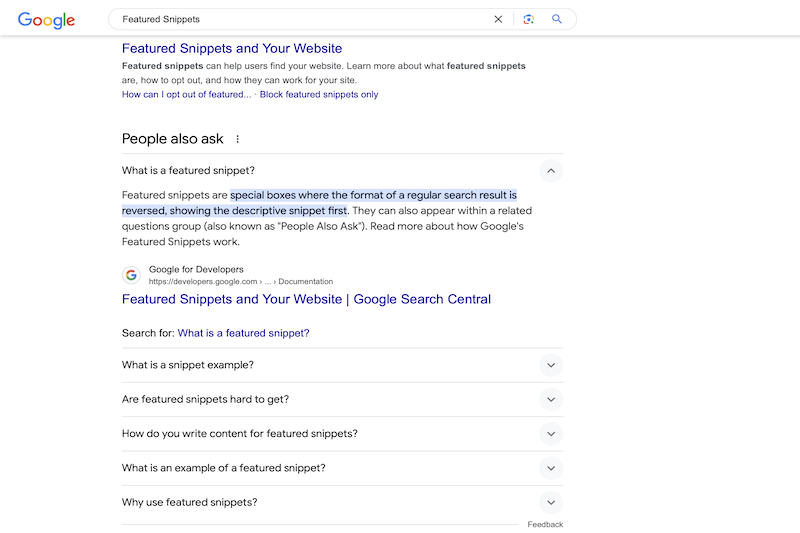In today’s digital age, businesses have a multitude of marketing strategies and channels at their disposal. One such strategy that has gained immense popularity in recent years is performance marketing. But what exactly is performance marketing, and why is it crucial for businesses in the digital landscape? In this blog post, we will delve into the world of performance marketing, exploring its definition, key components, and how it can benefit your business.
Performance Marketing Defined
Performance marketing is a comprehensive digital marketing strategy focused on driving measurable results and optimizing campaigns based on performance data. Unlike traditional advertising methods, where businesses pay upfront for exposure with uncertain outcomes, performance marketing relies on a pay-for-performance model. In other words, advertisers only pay when specific actions or outcomes are achieved, such as clicks, conversions, leads, or sales.
Key Components of Performance Marketing
To better understand performance marketing, it’s essential to recognize its key components:
Measurable Goals: Performance marketing campaigns start with clearly defined and measurable objectives. These goals could be anything from increasing website traffic and generating leads to boosting e-commerce sales or app installations.
Data-Driven Decision-Making: Data lies at the heart of performance marketing. Marketers use analytics tools to collect and analyze data on user behaviour, campaign performance, and conversion metrics. This data is then used to make informed decisions and optimize campaigns in real-time.
Targeted Advertising: Performance marketing relies on precise audience targeting. Advertisers use various segmentation criteria, such as demographics, interests, and behaviour, to reach the right audience with their ads.
Pay-Per-Action (PPA) Model: Unlike traditional advertising, where you pay for impressions (CPM) or clicks (CPC), performance marketing adopts a pay-per-action model (CPA). Advertisers pay only when a specific action is completed, such as a sale or lead form submission.
Multi-Channel Approach: Performance marketing encompasses various digital channels, including search engine marketing (SEM), social media advertising, email marketing, affiliate marketing, and more. Marketers strategically allocate budgets across these channels to maximize ROI.
Continuous Optimization: Successful performance marketing campaigns involve ongoing optimization. Marketers continually tweak ad creatives, targeting parameters, and landing pages to improve results and lower acquisition costs.
Benefits of Performance Marketing
Cost-Efficiency:
Performance marketing stands out for its cost-efficiency. Unlike traditional advertising methods, where you pay for ad space or impressions upfront, performance marketing operates on a pay-for-results model. This means that you are only charged when a specific action is completed, such as a click, a lead form submission, or a sale. As a result, you can allocate your marketing budget with precision, ensuring that you are getting value for every dollar spent. This cost-efficiency is particularly advantageous for businesses with limited budgets, as it minimizes the risk of overspending on ineffective campaigns.
Measurable ROI:
One of the standout features of performance marketing is its ability to provide clear and measurable return on investment (ROI) metrics. With the help of advanced tracking and analytics tools, you can track every aspect of your digital marketing campaign’s performance. This includes the number of conversions, the revenue generated, the cost per acquisition, and more. Having access to such granular data enables you to calculate your ROI accurately, making it easier to justify your marketing budget to stakeholders or investors. Additionally, this data-driven approach allows you to identify which campaigns are performing well and which need optimization, helping you make informed decisions to maximize your ROI.
Precise Targeting:
In the world of performance marketing, precision is key. Advanced targeting options are available across various digital channels, allowing you to reach your ideal customers with laser-like accuracy. You can define your target audience based on demographics, interests, behaviour, location, and more. This precise targeting ensures that your marketing efforts are directed towards the people who are most likely to be interested in your products or services. As a result, you can expect higher conversion rates and a better return on your advertising investment.
Real-Time Optimization:
The ability to adjust your campaigns in real-time based on performance data is a game-changer in performance marketing. Marketers can monitor campaign performance as it unfolds and make immediate adjustments to optimize results. For example, if a particular ad is not performing well or if a certain keyword is driving high costs with low conversions, you can pause or adjust those elements in real-time. This agility allows you to stay ahead of the competition, respond to changing market conditions swiftly, and ensure that your marketing efforts are always aligned with your goals.
Scalability:
Performance marketing campaigns offer remarkable scalability. Whether you need to increase your reach or adjust your budget to match business growth or seasonality, performance marketing can accommodate your needs. If a specific campaign is delivering exceptional results, you can allocate additional resources to scale it up. Conversely, if a campaign is not meeting your expectations, you can scale it down or reallocate your budget to more promising opportunities. This flexibility allows you to maximize the impact of your marketing efforts while maintaining control over your spending.
Conclusion
Performance marketing has become an indispensable part of the digital marketing landscape. Its focus on measurable results, data-driven decision-making, and cost-effectiveness make it a preferred choice for businesses looking to achieve a strong online presence and drive conversions. By understanding the core principles and components of performance marketing, you can harness its power to boost your business’s online success and achieve a higher return on investment. As the digital landscape continues to evolve, performance marketing is likely to remain a critical strategy for businesses of all sizes and industries.
However, to fully leverage the potential of performance marketing and navigate the complexities of the digital landscape, it’s highly advisable to engage an experienced digital marketing agency. By partnering with them, you can tap into their expertise, resources, and proven strategies, giving your business a competitive edge in the digital landscape.
Together, you can work towards achieving your business goals, whether that’s increasing brand awareness, driving sales, or expanding your online presence. Ultimately, collaboration with a digital marketing agency can be a strategic investment that propels your business towards greater success in the digital age.








